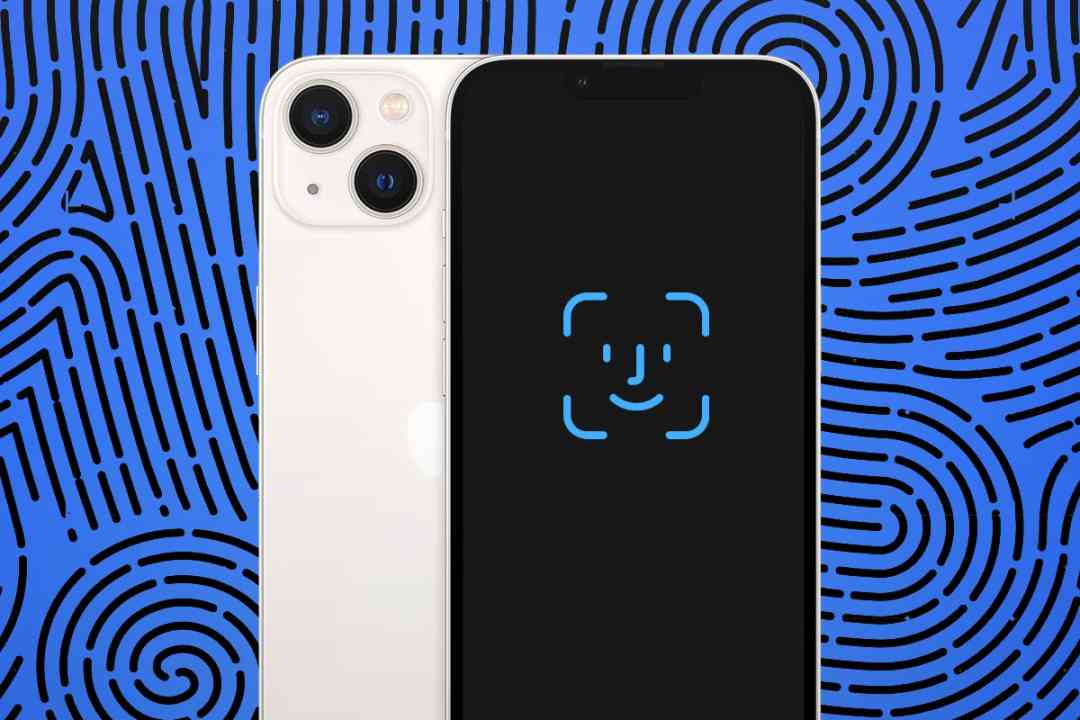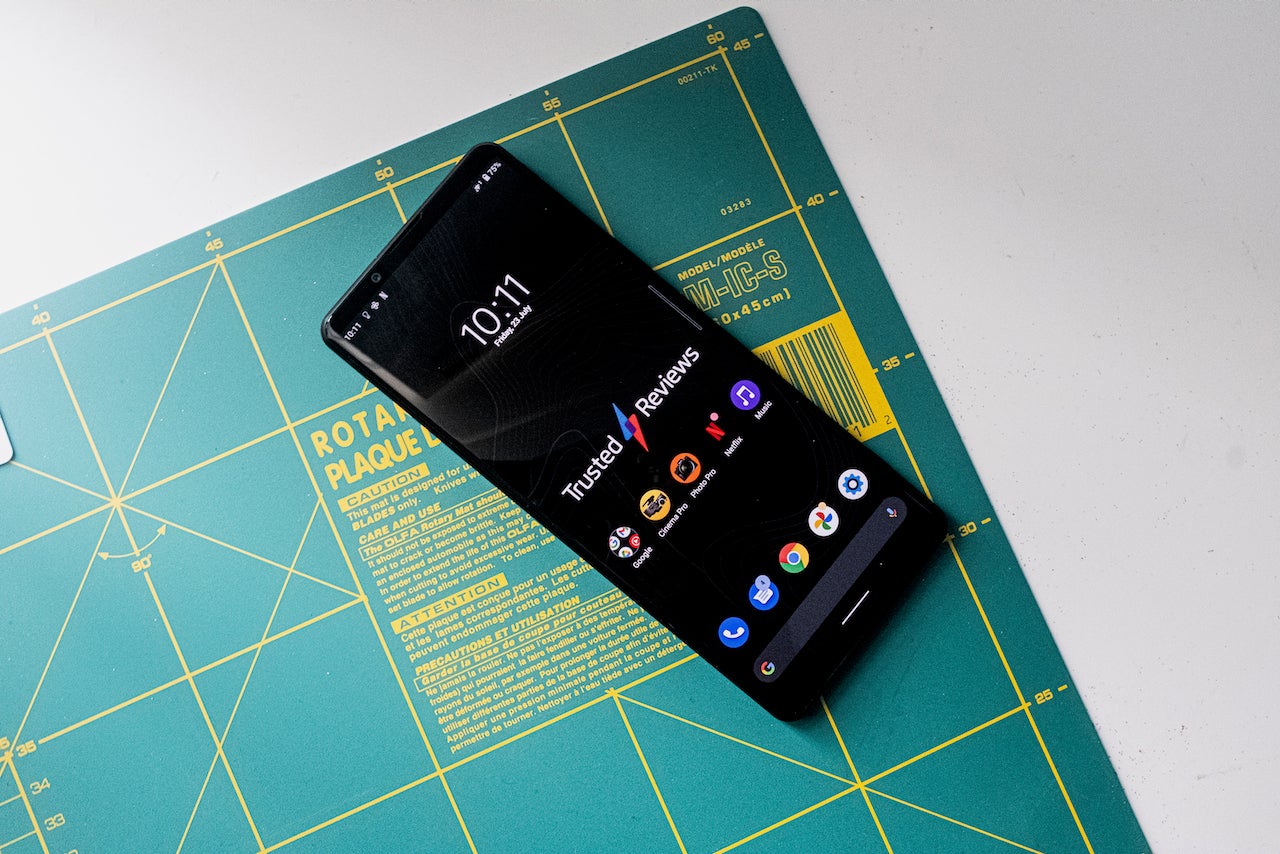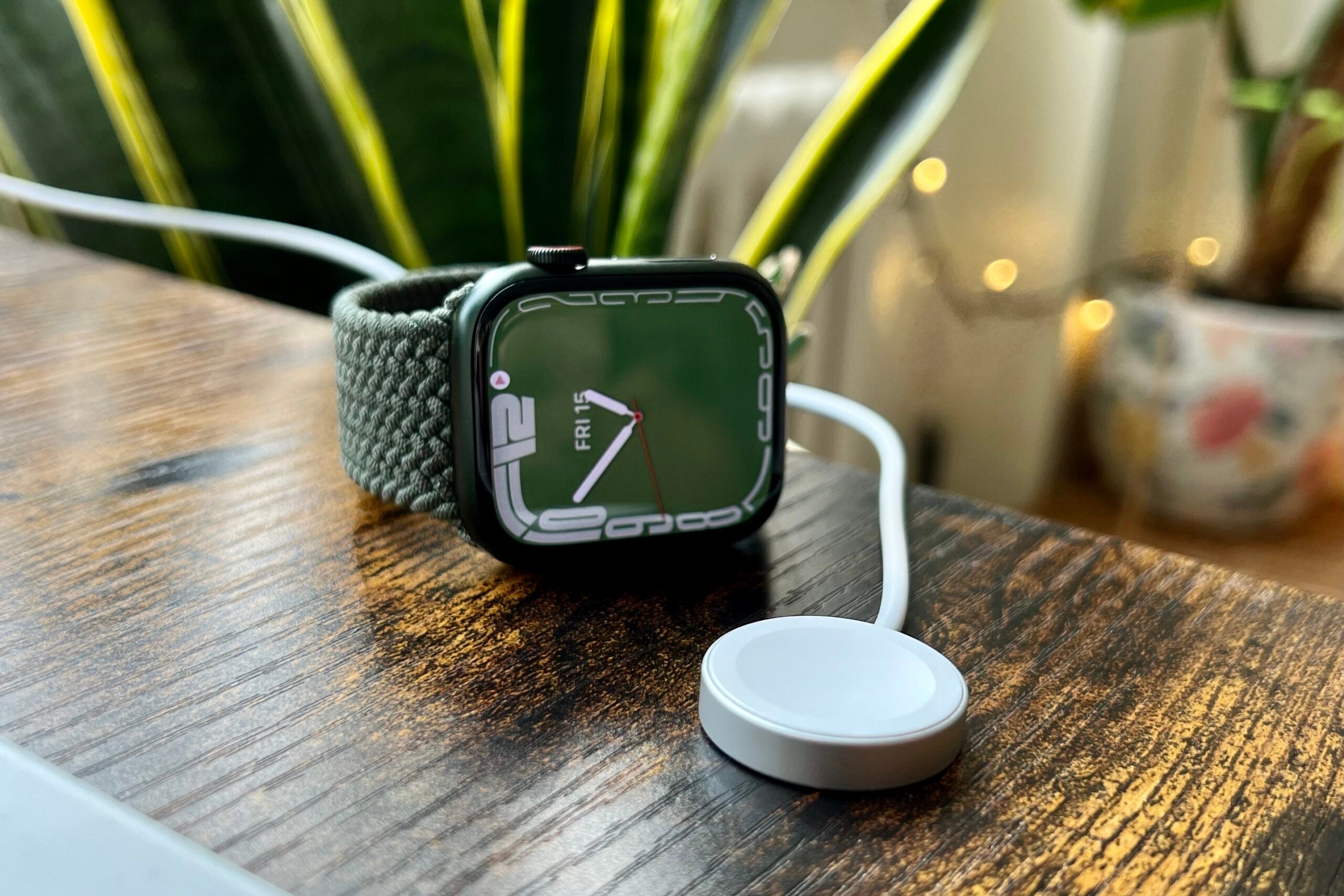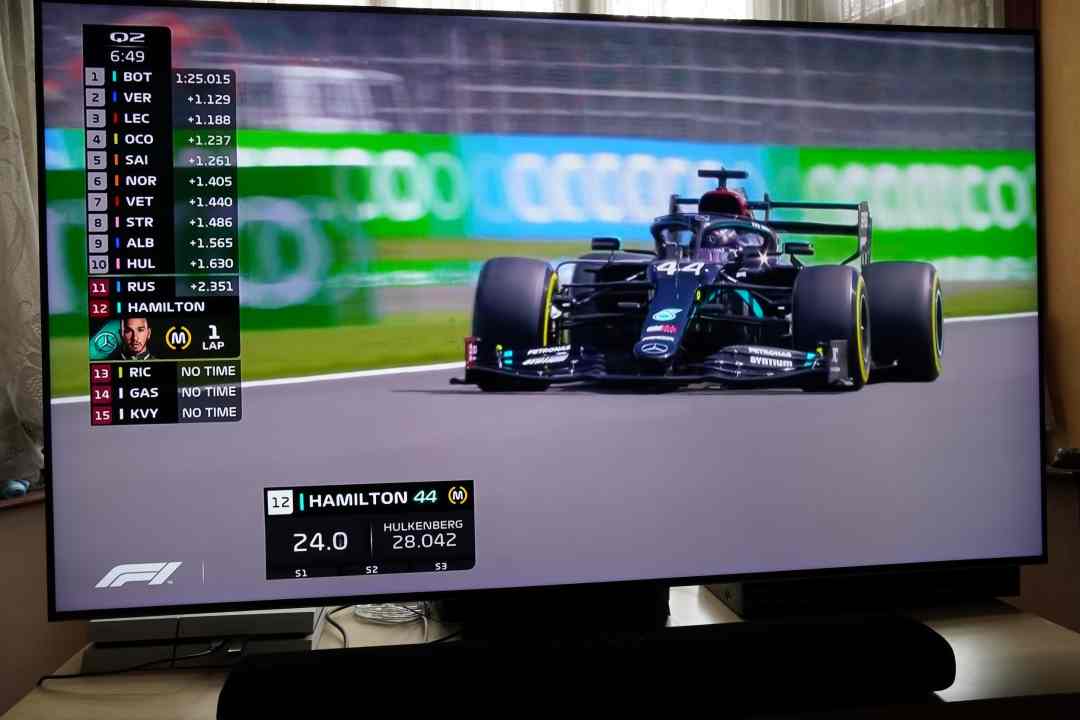
It’s been a few months since we shared our thoughts on the iPhone 13, iPhone 13 Mini, iPhone 13 Pro and iPhone 13 Pro Max. After thorough testing by our team of experts, all four phones received glowing 4.5/5 star reviews, but a great design and feature set doesn’t automatically equal a safe phone.
We reached out to security experts from Kaspersky and Pixel Privacy to find out more about the common security threats iPhone users should watch out for and what precautions we can take to keep our data safe. Here’s what we learned.
What are the biggest risks for iPhone 13 owners?
While iPhones and iOS devices aren’t without their risks, Kaspersky principal researcher David Emm was quick to tell us where most mobile malware is found.
“The vast majority of mobile malware we see is targeted at Android”, said Emm, speaking of iOS phones in general.
“This is because, for attackers, this offers the path of least resistance. Android offers flexibility. To handset manufacturers and network providers to customise the operating system; to those who use it because they are not controlled – e.g. they can download apps from any marketplace or any websites. However, the flip-side of this is that cybercriminals can exploit this to trick people into downloading malware”.
iPhones may be targeted less often, but this also means that attacks can be more advanced.
“This doesn’t mean that iOS is inherently more secure per se, just that attackers must do more work in order to compromise it”, explained Emm.
“This effectively means that only sophisticated targeted attackers have the expertise, time and money to develop, or buy, exploit code to target iOS”.
Kaspersky VPN Secure Connection – 34% Off
The secure way to enjoy the web without compromising on speed is now 34% off at £34.12 a year, equivalent to £2.84 per month, with coverage for up to 5 devices.
Compatible with Android™ and iOS®
- Kaspersky
- Was £52.50
- £34.12/year (£2.84 monthly equivalent)
View Offer
Does Apple do enough to protect users?
Because of the way that iOS is built, Apple doesn’t get a whole lot of help when it comes to protecting users. This can make things a little trickier when malware does rear its head.
“Since Apple strictly controls the operating system, it makes it hard for attackers – everything has to go through Apple”, said Emm.
“However, it also makes it hard for defenders. It’s not possible for security vendors to develop software that can protect iOS in the way we can for Android. So if there is a successful attack, it’s harder to deal with”.
Thankfully, the company is mostly fast to react when issues do make themselves known.
“Apple does a good job of protecting users, generally taking a proactive attitude to iPhone security and privacy in their yearly iOS versions”, reassured Chris Hauk, consumer privacy champion at Pixel Privacy.
They also react quickly when security or privacy flaws are discovered, responding with iOS updates designed to plug security holes”.







